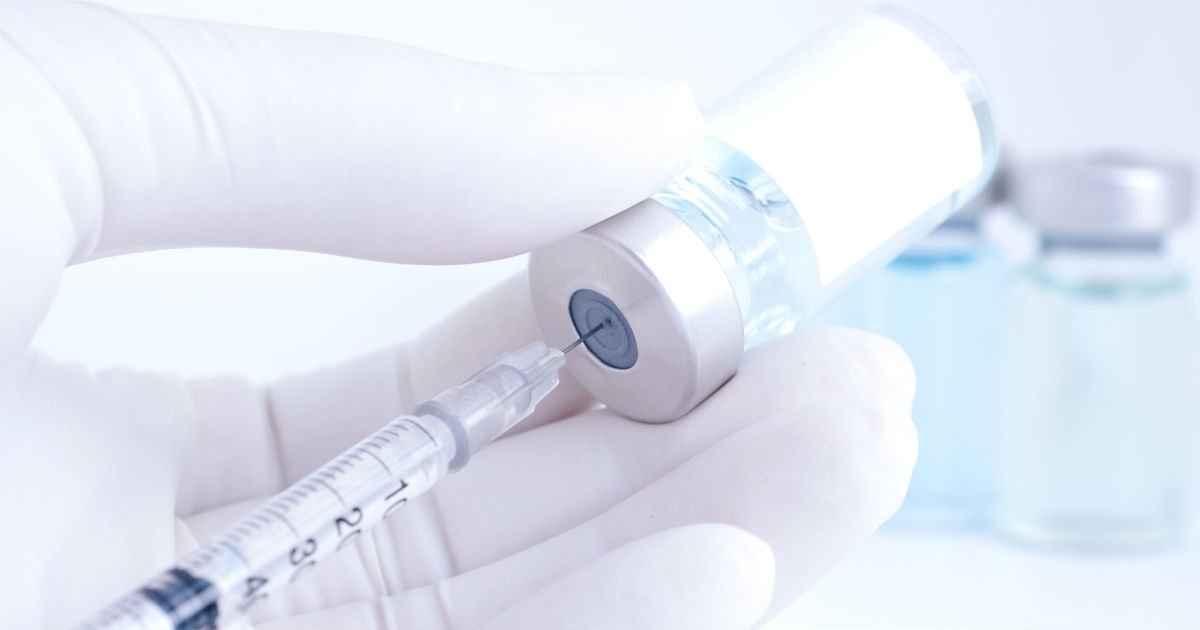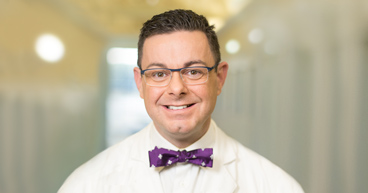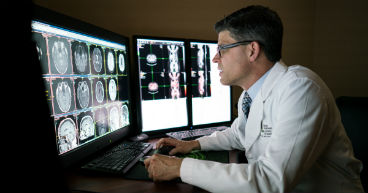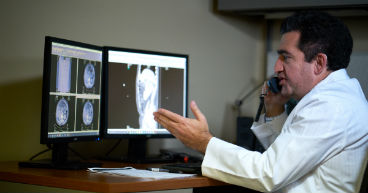
The frantic search for ways to stop, prevent and treat COVID-19 has put the spotlight on a decades-old drug originally developed for tuberculosis (TB), but currently used to treat bladder cancer. The Bacillus Calmette-Guerin (BCG) vaccine, one of the most widely administered vaccines in the world to prevent TB, is now being researched as a potential COVID-19 vaccine. While the research into BCG has generated headlines worldwide, it may take some time to determine whether the drug is safe and effective against the virus, an often-painstaking process for any potential treatment.
What researchers are finding
Doctors from New York City to Melbourne, Australia, are racing to conduct research and collect data on BCG’s potential use in abating the COVID-19 pandemic.
In Australia, doctors at The Murdoch Children’s Research Institute are leading a clinical trial, injecting up to 4,000 health care workers with the vaccine, to determine whether the drug helps protect them from the virus. Researchers say they hope to see a “reduction in the prevalence and severity of COVID-19 symptoms.”
At the Johns Hopkins Bloomberg School of Public Health, researchers have determined that the COVID-19 mortality rate in countries where the BCG vaccine is given routinely to protect against TB are lower than in countries where the vaccine is not used. And Scientists at the New York Institute of Technology, College of Osteopathic Medicine, made similar observations, noting that Italy and the United States, where COVID-19 cases and deaths have soared, do not routinely vaccinate their children with BCG. "The combination of reduced morbidity and mortality makes BCG vaccination a potential new tool in the fight against COVID-19,” they wrote. Researchers are uncertain of exactly how or why BCG may work against the new virus. While TB and COVID-19 are both primarily respiratory ailments, TB is caused by bacteria, while COVID-19 is caused by a virus.
Noting that there’s currently no evidence that BCG protects against COVID-19, the World Health Organization (WHO) does not recommend using the vaccine for that purpose, but added that it’ will “evaluate the evidence” from clinical trials now underway.
From TB to bladder cancer
In the early 1900s, bacteriologists Albert Calmette and Camille Guérin developed BCG from Mycobacterium bovis, an attenuated version of a bacteria similar to one found in TB. By the 1920s, children around the world were being vaccinated with the drug to help prevent TB. While the vaccine does not work in every case, it is credited for significantly cutting the number of TB cases worldwide. In 1990, the U.S. Food and Drug Administration approved the use of BCG for carcinoma-in-situ of the bladder, a very early stage of bladder cancer.
How does BCG work against cancer?
BCG stimulates the immune system to attack the bacteria found in the vaccine. In treating bladder cancer, BCG is injected through a catheter directly into the tumor. When the vaccine reaches cancer cells, it sends a wave of immune cells to attack the cancer. Some patients experience flu-like symptoms, including aches, fever and chills, for a couple of days after treatment.
“BCG is a known immune stimulant that both generates an immune response related to a future exposure to the microbe responsible for tuberculous and also enhances the response an individual may develop when exposed later in life to other micro-organisms,” says Maurie Markman, MD, President of Medicine & Science at Cancer Treatment Centers of America® (CTCA).
As with any new treatment or vaccine, it may take months, even years, before doctors know whether BCG is a safe and effective weapon against the disease. Dr. Markman recommends pumping the breaks on expectations BCG or any other drug will be developed in short order. “The hope is that existing pharmaceutical agents with possible clinically relevant activity against the virus may provide some level of meaningful benefit for individuals with mild or more serious symptoms,” Dr. Markman says.
If you are a cancer survivor or in active treatment and are concerned about how the COVID-19 situation may impact you or your care, please contact your care team.
Get answers to common questions about COVID-19 and your cancer treatment.



